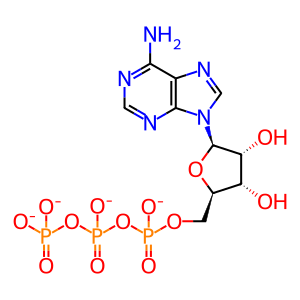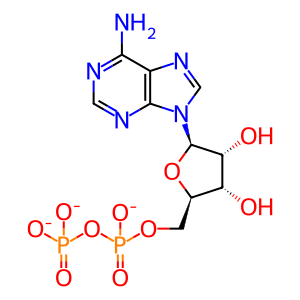Reaction: Activation of IKK complex
- in pathway: Downstream TCR signaling
The IkB kinase (IKK) complex serves as the master regulator for the activation of NF-kB by various stimuli. It contains two catalytic subunits, IKK alpha and IKK beta, and a regulatory subunit, IKKgamma/NEMO. The activation of IKK complex is dependent on the phosphorylation of IKK alpha/beta at its activation loop and the K63-linked ubiquitination of NEMO. This basic trimolecular complex is referred to as the IKK complex.
IKK subunits have a N-term kinase domain a leucine zipper (LZ) motifs, a helix-loop-helix (HLH) and a C-ter NEMO binding domain (NBD). IKK catalytic subunits are dimerized through their LZ motifs. IKK beta is the major IKK catalytic subunit for NF-kB activation. Activated TAK1 phosphorylate IKK beta on serine residues (S177 and S181) in the activation loop and thus activate the IKK kinase activity, leading to the IkB alpha phosphorylation and NF-kB activation.
IKK subunits have a N-term kinase domain a leucine zipper (LZ) motifs, a helix-loop-helix (HLH) and a C-ter NEMO binding domain (NBD). IKK catalytic subunits are dimerized through their LZ motifs. IKK beta is the major IKK catalytic subunit for NF-kB activation. Activated TAK1 phosphorylate IKK beta on serine residues (S177 and S181) in the activation loop and thus activate the IKK kinase activity, leading to the IkB alpha phosphorylation and NF-kB activation.
Reaction - small molecule participants:
ADP [cytosol]
ATP [cytosol]
Reactome.org reaction link: R-HSA-202500
======
Reaction input - small molecules:
ATP(4-)
Reaction output - small molecules:
ADP(3-)
Reactome.org link: R-HSA-202500


